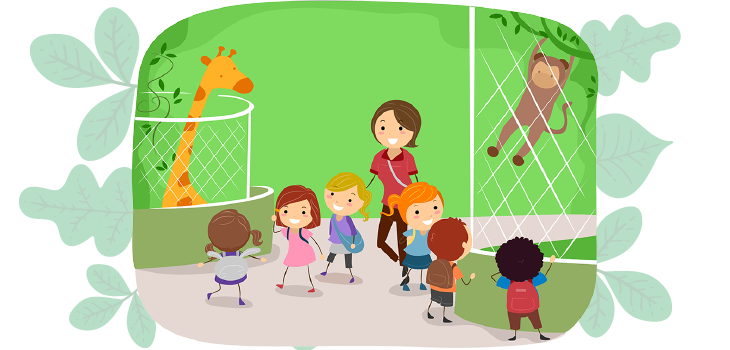Navigating Parenthood Today A Modern Guide for Parents

Navigating Parenthood Today: A Modern Guide for Parents
Parenting in today’s fast-paced and ever-evolving world is a journey filled with both joys and challenges. As parents, we find ourselves adapting to new realities and seeking guidance on the best ways to nurture our families. In this modern age, where information is abundant and parenting trends evolve, let’s explore a comprehensive guide to navigating parenthood today.
Modern Parenting Realities: Challenges and Solutions
The landscape of parenting today is vastly different from what it used to be. Balancing work, family, and personal life can be a daunting task. Yet, with each challenge comes an opportunity for growth. Acknowledging the realities of modern parenting is the first step towards finding effective solutions. From juggling schedules to managing screen time, understanding and addressing these challenges is key.
Essential Parenting Strategies for Today’s Families
In the whirlwind of modern life, having a toolkit of effective parenting strategies is crucial. From communication techniques to discipline methods, today’s parents benefit from an array of tools designed to foster positive and healthy family dynamics. Exploring and adopting these strategies can empower parents to navigate the complexities of raising children in the digital age.
Connecting with Today’s Generation: Understanding Your Child
Understanding and connecting with today’s generation of children is paramount. From toddlers to teenagers, each age group presents unique needs and challenges. Being attuned to your child’s emotional and developmental stages allows for more effective parenting. In an era of constant connectivity, fostering open communication and creating strong emotional bonds is essential.
Balancing Act: Work, Family, and Self-Care
For many parents, finding a balance between work, family, and personal well-being is a constant juggling act. Today’s parents are often faced with the challenge of wearing multiple hats, and it’s crucial to prioritize self-care. Balancing the demands of daily life while nurturing your own mental and physical health is not only beneficial for you but also sets a positive example for your children.
Parenting in the Digital Age: Navigating Screen Time and Technology
In today’s digital age, parenting involves navigating the world of screens and technology. From educational apps to social media, children are exposed to a digital landscape that requires thoughtful guidance. Establishing healthy screen time habits and fostering a positive relationship with technology is a key aspect of modern parenting.
Guiding Families Today: Expert Advice and Resources
Navigating parenthood today often involves seeking expert advice and utilizing available resources. From parenting books to online forums, a wealth of information is at our fingertips. Learning from experienced professionals and connecting with other parents can provide valuable insights and support. In a world where knowledge is power, accessing reputable resources becomes an integral part of the parenting journey.
Embracing Modern Parenthood: Celebrating Diversity and Individuality
Today’s parents embrace a diverse range of family structures, lifestyles, and cultural backgrounds. Celebrating this diversity fosters an environment of acceptance and understanding. Recognizing that there is no one-size-fits-all approach to parenting allows families to embrace their unique dynamics and thrive in their own






